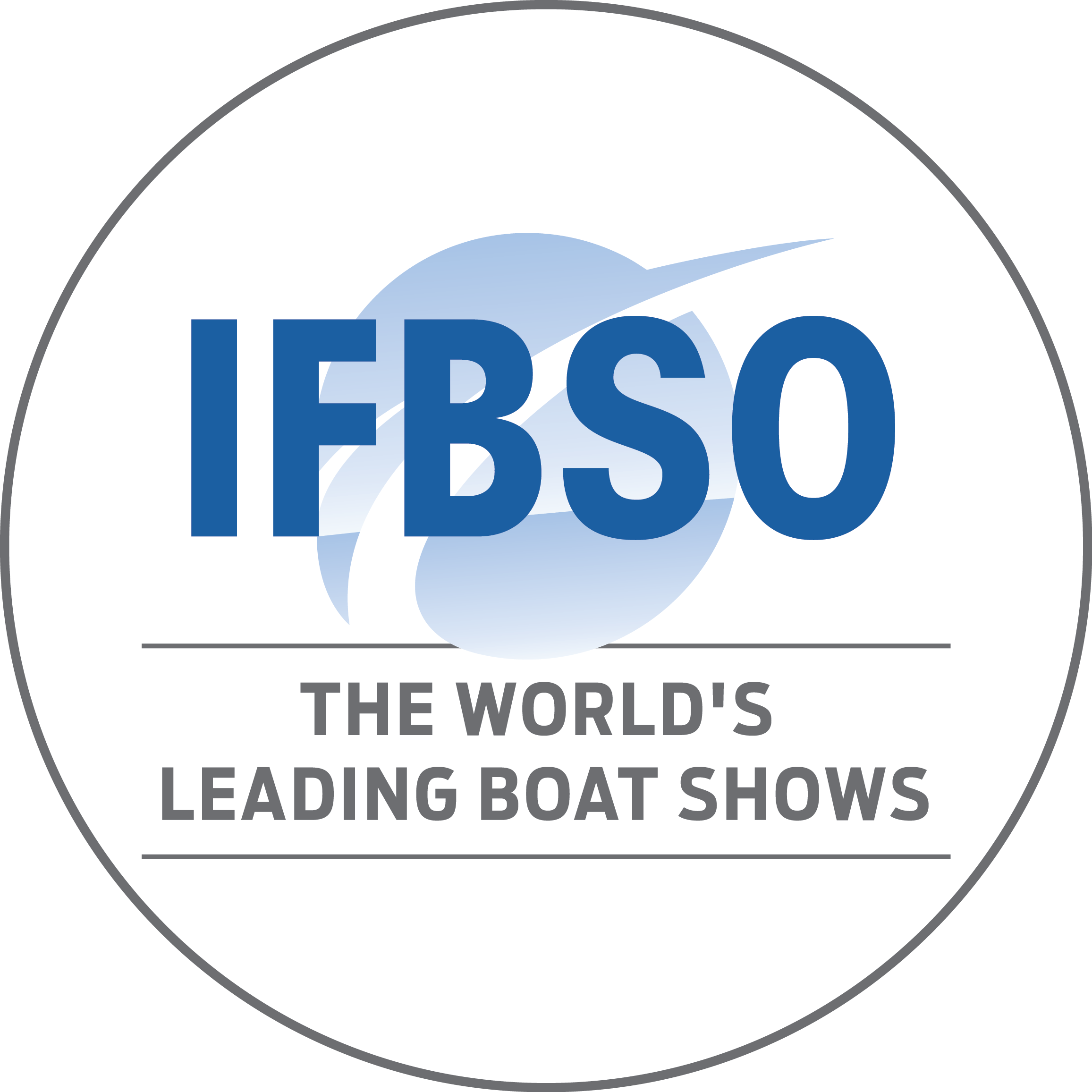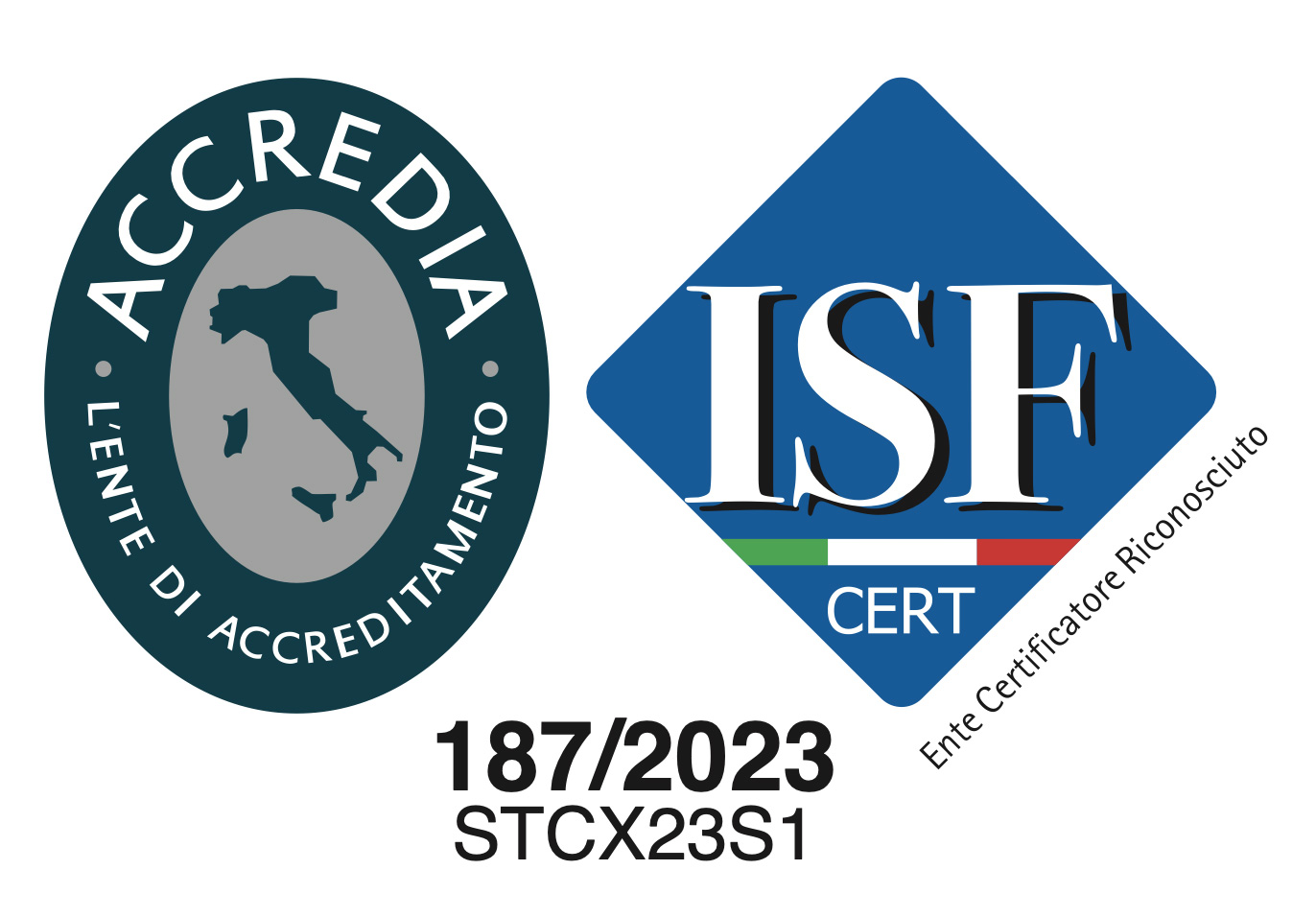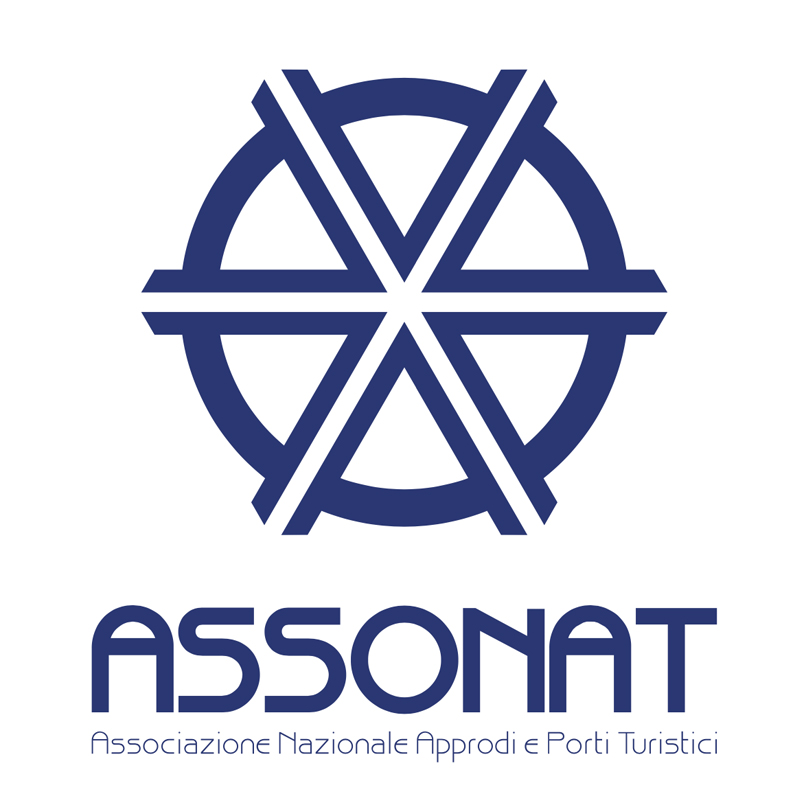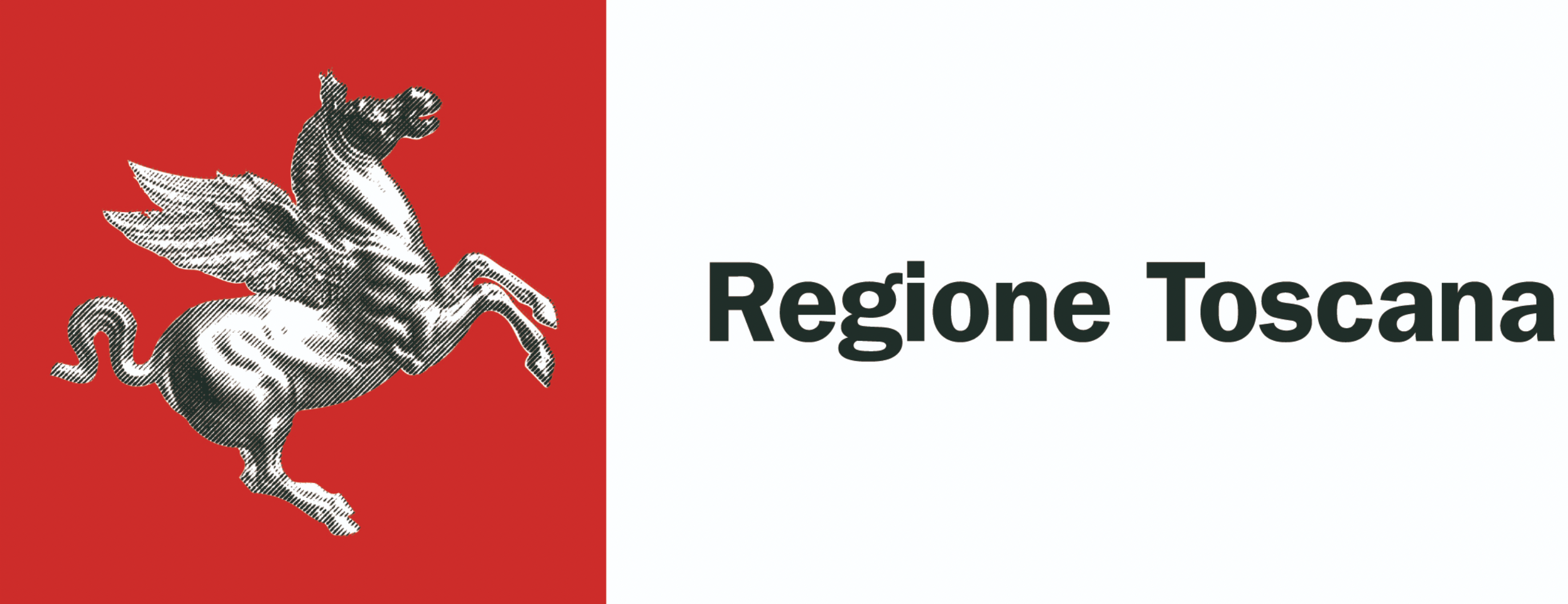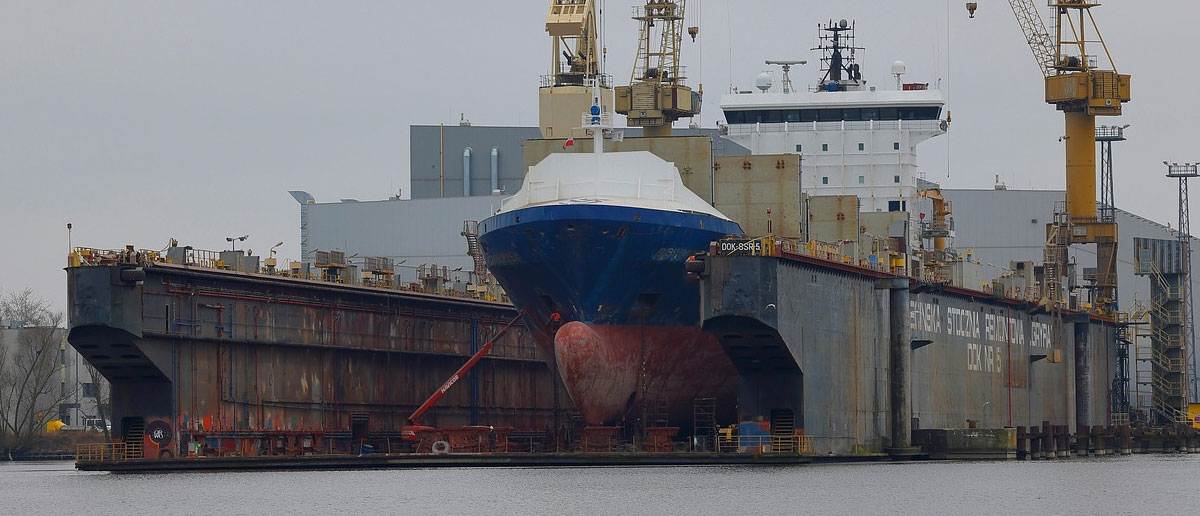
RECYCLING OF SHIPS AND THE HONG KONG CONVENTION
The Hong Kong International Convention for the Safe and Environmentally Sound Recycling of Ships (the Hong Kong Convention) will enter into force on 26 June 2025. Its aim is to ensure that ships at the end of their operational lives are recycled safely and without posing unnecessary risks to human health and the environment.
The date of the Hong Kong Convention’s entry into force was set in June 2023 when Bangladesh and Liberia became Contracting States to it. This marked the moment that all required criteria were met:
not less than 15 States;
not less than 40% of the world’s merchant shipping by gross tonnage; and
ship recycling capacity of not less than 3% of the gross tonnage of the combined merchant shipping of those States mentioned above.
IMO has been working towards the introduction of universal global regulations on safe and environmentally sound ship recycling for more than two decades. The first Guidelines on Ship Recycling were adopted by the IMO Assembly in late 2003.
What is ship recycling?
Ships are recycled when they reach the end of their operational lives. Safe recycling processes are vital to ensure the careful and secure handling of environmentally hazardous substances such as asbestos, heavy metals, hydrocarbons and ozone-depleting substances.
When conducted correctly, ship recycling embraces the “cradle to grave” concept: it sees almost all materials and equipment used in the manufacture of a ship re-used in other forms, an outcome which is both environmentally sound and energy efficient. For instance, using recycled steel requires just one third of the energy used in the manufacture of steel from raw materials.
While the principle of ship recycling is sound, the working practices and environmental standards in ship recycling facilities varies from yard to yard. Global regulation will ensure safe working practices for those employed in ship recycling yards, along with consistent environmental standards.
What is the Hong Kong Convention?
The Hong Kong International Convention for the Safe and Environmentally Sound Recycling of Ships (the Hong Kong Convention) was adopted at a diplomatic conference held in Hong Kong, China, in 2009.
The Hong Kong Convention addresses all environmental and safety aspects relating to ship recycling by placing responsibilities and obligations on all parties concerned – shipowners, ship building yards, ship recycling facilities, flag States, port States, and recycling States – regarding the responsible management and disposal of associated waste streams in a safe and environmentally sound manner.
Regulations in the Convention cover the design, construction, operation and preparation of ships to facilitate safe and environmentally sound recycling of vessels, and the establishment of an appropriate enforcement mechanism for ship recycling, incorporating certification and reporting requirements.
When will the Hong Kong Convention enter into force?
The Hong Kong Convention will enter into on 26 June 2025, i.e. 24 months after the entry-into-force conditions were met in June 2023. Those conditions are as follows:
Not less than 15 Contracting States. The Hong Kong Convention now has 24 Contracting States: Bangladesh, Belgium, Republic of the Congo, Croatia, Denmark, Estonia, France, Germany, Ghana, India, Japan, Liberia, Luxembourg, Malta, Marshall Islands, Kingdom of the Netherlands, Norway, Pakistan, Panama, Portugal, São Tomé and Príncipe, Serbia, Spain, and Türkiye.
Not less than 40% of the world’s merchant shipping by gross tonnage. By June 2023, the Contracting States above (aside from Pakistan and Marshall Islands, which joined later) represented approximately 45.91% of the gross tonnage of the world’s merchant shipping.
Ship recycling capacity of not less than 3% of the gross tonnage of the combined merchant shipping of those States mentioned above. By June 2023, the combined annual ship recycling volume of the Contracting States over the preceding 10 years amounted to 23,848,453 gross tonnage, equivalent to 3.31% of the required recycling volume.
What must ship recycling yards do to be compliant with the Hong Kong Convention?
Ship recycling facilities/yards must be authorized and must prepare a Ship Recycling Facility Plan, addressing worker safety and training; protection of human health and the environment; roles and responsibilities of personnel; emergency preparedness and response; and monitoring, reporting and record-keeping systems, taking into account IMO guidelines.
Before a ship can be recycled, the ship recycling facility must provide a Ship Recycling Plan which is specific to each vessel that is to be recycled. It must specify the way an individual ship will be recycled, depending on its particulars and its inventory.
Governments will be required to ensure that recycling facilities under their jurisdiction comply with the Hong Kong Convention.
What must ships do to comply with the Convention?
Under the Hong Kong Convention ships must have on board an Inventory of Hazardous Materials specific to each ship, which must be prepared and verified in line with IMO guidelines.
Following that initial verification survey, ships will be required to have additional surveys during the life of the ship, and a final survey prior to recycling.
Source: International Marine Organisation


